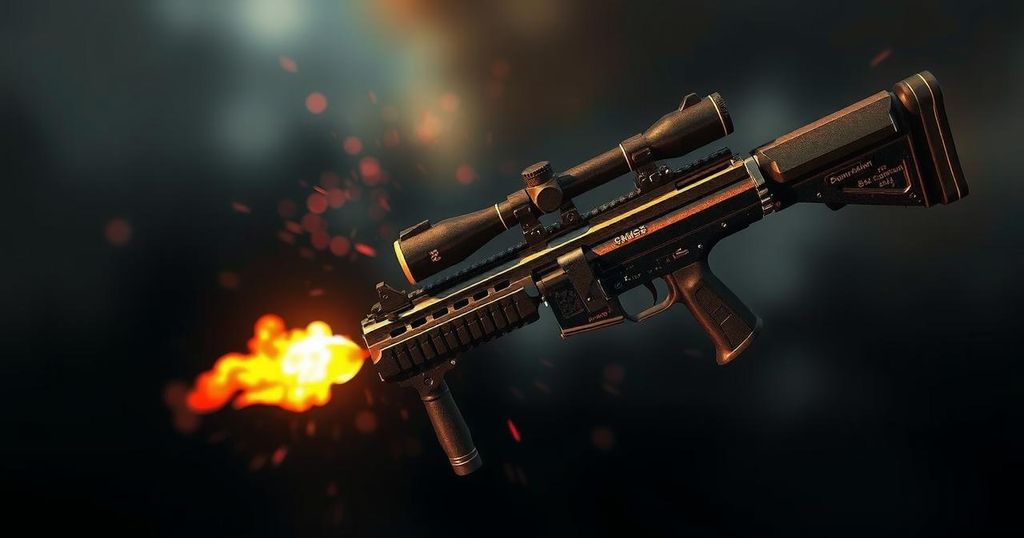Amnesty International reports that arms from U.S. allies, particularly the UAE and France, are escalating the humanitarian crisis in Sudan’s ongoing civil war. The conflict has resulted in the displacement of 13 million people, with severe implications for accessible healthcare and nutrition. The RSF’s advance on civilian areas heightens fears of further violence, prompting calls for broader arms embargoes and international attention to the crisis.
Amnesty International has raised concerns that weapons supplied by the United Arab Emirates (UAE) and France are being utilized by Sudan’s Rapid Support Forces (RSF) amidst an ongoing civil war which has lasted for 19 months. This conflict has led to dire humanitarian consequences, displacing 13 million people and resulting in severe famine conditions in several regions of Sudan. The violent clashes, which erupted between the RSF and the Sudanese Armed Forces in April 2023, remain largely unreported, with independent research revealing an estimate of 61,000 deaths in Khartoum State alone, most of which have gone undocumented. Reports indicate that the war has been exacerbated by a continuous influx of arms from foreign nations, undermining efforts for peace. Amnesty International has urged the United Nations Security Council to broaden the arms embargo on Darfur to encompass all of Sudan, in light of the unacceptable humanitarian crisis that has unfolded. Meanwhile, the RSF is reportedly advancing towards the city of El Fasher, further intensifying fears of civilian casualties and potential assaults on displacement camps housing vulnerable populations. Existing humanitarian organizations continue to warn that the situation remains desperate as aid becomes increasingly difficult to deliver due to ongoing violence.
The ongoing civil war in Sudan is one of the most severe humanitarian crises globally, prompting international attention. Since its inception, the conflict characterized by power struggles between military factions has plunged millions into dire conditions, with severely limited access to food, water, and medical care. External involvement, particularly through arms supplies from nations such as the UAE and France, complicates the crisis and raises ethical concerns about the responsibility of foreign states in ongoing violence. Research indicates that the death toll is much higher than previously reported, revealing the catastrophic impact of the conflict on civilians, where preventable diseases contribute significantly to mortality.
The civil war in Sudan, fueled by foreign arms support and internal political struggles, has led to immense human suffering, evidenced by widespread displacements and deaths. Amnesty International’s call for an expanded arms embargo underscores the urgency for international intervention to alleviate the humanitarian crisis. The continued escalation of violence, especially as RSF advances toward key civilian areas, poses significant threats to the lives of many, making immediate action crucial to avert further tragedies.
Original Source: www.cbsnews.com






